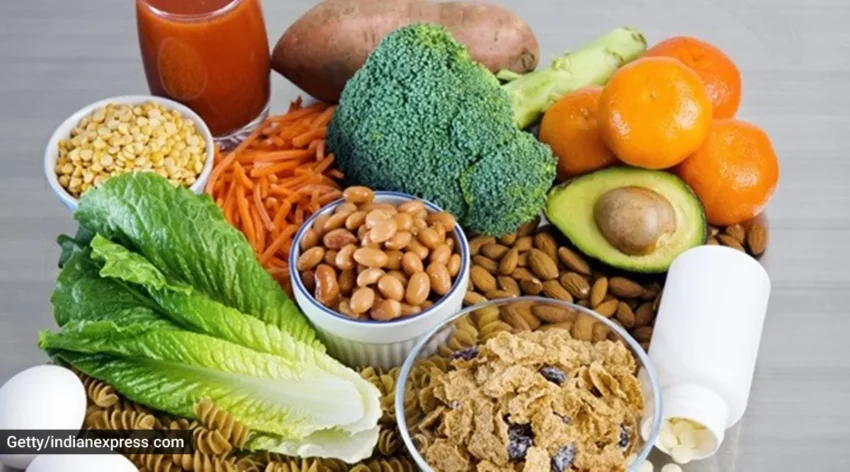Introduction Vitamin E is a crucial nutrient known for its antioxidant properties and its role in maintaining immune function. This guide explores how Vitamin E supports the immune system, its benefits, sources, recommended intake, and more. What is Vitamin E? What is Vitamin E and why is it important for the body? Vitamin E is…
Category: Health and Nutrition

The Best Vitamin A Supplements for Skin Health
What is Vitamin A and why is it important for skin health? Vitamin A is a fat-soluble vitamin that plays a crucial role in maintaining healthy skin. It supports various functions such as cell production, repair, and growth, making it essential for overall skin health and appearance. How does Vitamin A benefit the skin? Vitamin…
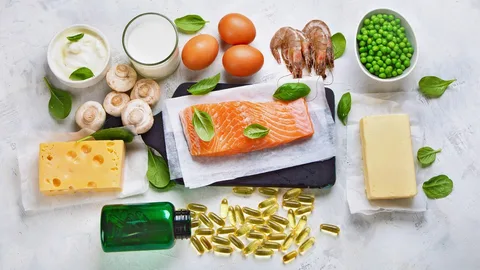
How to Increase Your Vitamin K Intake Naturally
Introduction to Vitamin K Vitamin K is an essential nutrient that plays a crucial role in blood clotting, bone health, and cardiovascular function. There are two main forms of vitamin K: K1 (phylloquinone), which is found in plant sources, and K2 (menaquinone), which is primarily synthesized by bacteria in the gut and found in animal…
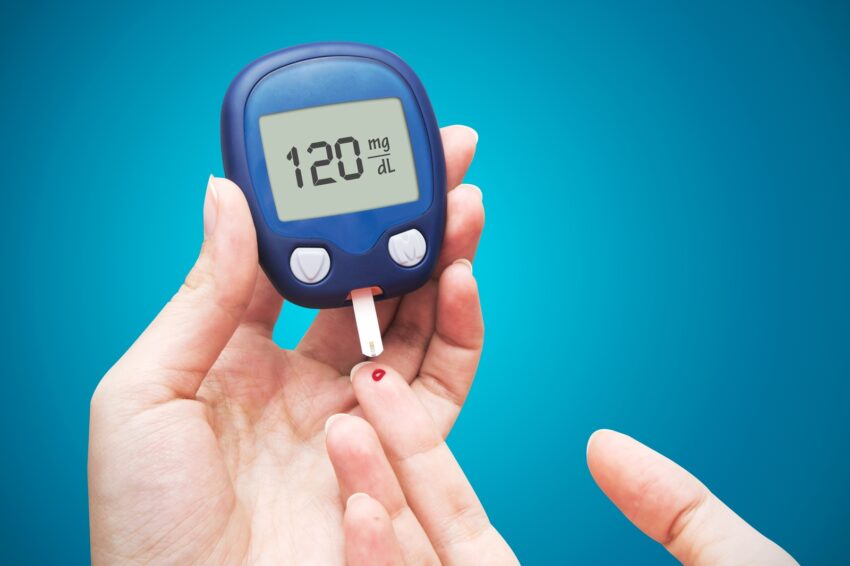
How to Prevent Type 2 Diabetes: 11 Methods
How to Prevent Type 2 Diabetes: 11 Methods Type 2 diabetes is a chronic condition characterized by high blood sugar levels, insulin resistance, and impaired insulin production. While certain risk factors for type 2 diabetes, such as genetics and age, are beyond your control, there are several lifestyle changes and preventive measures you can take…
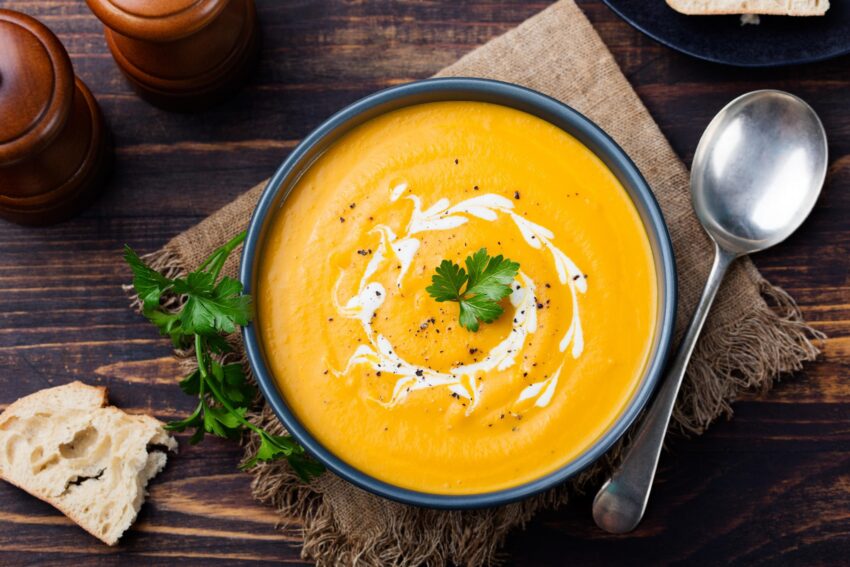
Soft Food Diet: Foods to Eat and Foods to Avoid
A soft food diet, also known as a bland diet or mechanical soft diet, is often recommended for individuals with certain medical conditions or after certain surgical procedures. This diet consists of foods that are easy to chew, swallow, and digest, making it ideal for people with dental issues, swallowing difficulties, or gastrointestinal problems. In…
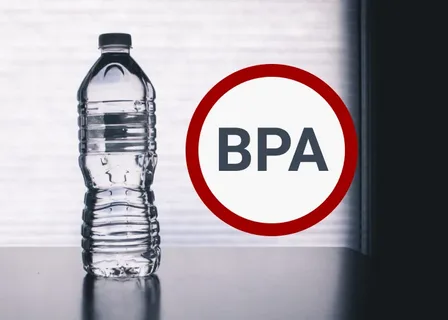
What Is BPA and Is It Cause for Concern?
What Is BPA? Bisphenol A (BPA) is a chemical compound that has been used in the production of polycarbonate plastics and epoxy resins since the 1960s. It is commonly found in food and beverage containers, canned goods, medical devices, and thermal paper receipts. BPA is known as an endocrine-disrupting chemical, meaning it can interfere with…

How to Tell if Chicken Is Bad: Signs and What to Look For
Understanding Chicken Spoilage Chicken spoilage occurs when bacteria, such as Salmonella, Campylobacter, or E. coli, multiply to unsafe levels, leading to foodborne illness. Proper storage, handling, and cooking techniques are essential for preventing chicken spoilage and ensuring food safety. Signs of Spoiled Chicken Foul Odor Spoiled chicken may emit a strong, unpleasant odor, often described…
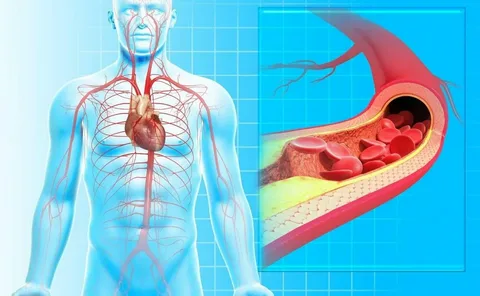
The 10 Best Foods to Boost Nitric Oxide Levels
Nitric oxide (NO) is a molecule produced naturally by the body that plays a crucial role in various physiological processes, including vasodilation, blood flow regulation, and immune response. Maintaining optimal nitric oxide levels is important for overall health and may have numerous benefits, including improved cardiovascular function, exercise performance, and cognitive health. Incorporating foods rich…

